Tuesday, May 14, 2024
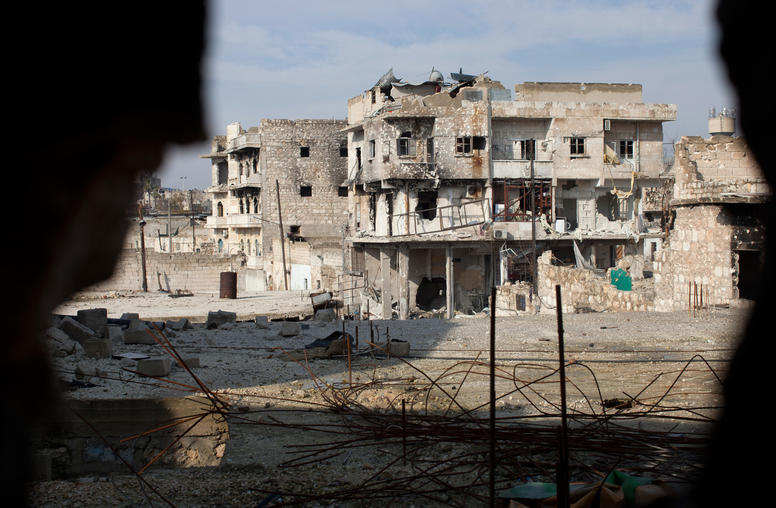
'Jihadism' After Aleppo and Obama
Eastern Aleppo’s last traumatized residents waited prayerfully this weekend for bus rides to join the most massive refugee population ever recorded—about 65 million people on the planet, most uprooted by war. If those forced from their homes formed a nation, it would rank about 20th most populous in the world. At the core of this unprecedented upheaval are nine civil wars, from Libya to Afghanistan, exploited by groups such as ISIS and al-Qaeda. Less than a month before President-elect Donald...
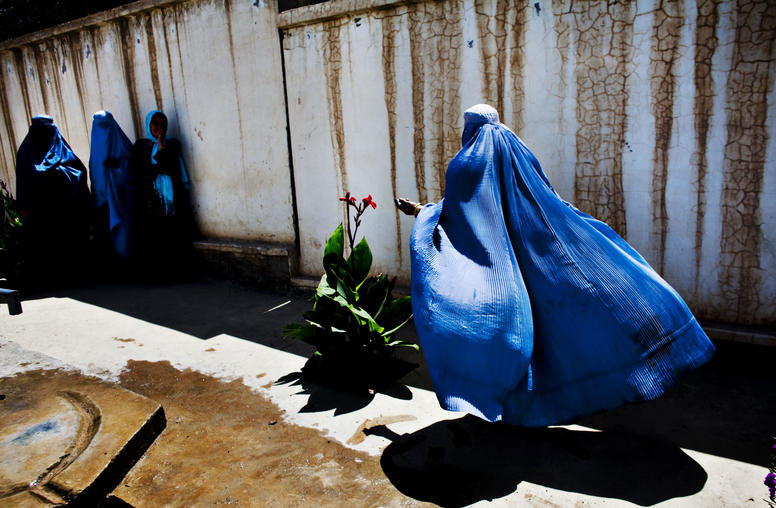
Women in Extremist Movements: Not Just Passive Victims
Last month, two female suicide bombers killed 24 people in northeast Nigeria. In September, Paris police arrested three women for plotting a terrorist attack on behalf of the Islamic State (ISIS). The same month, in Kenya, police killed three women who attacked the main police station in Mombasa. In a headline fairly typical of the news and commentary in such cases, the Daily Beast reported that “ISIS is turning women into cannon fodder.” But the findings of more than 80 interviews we conduct...
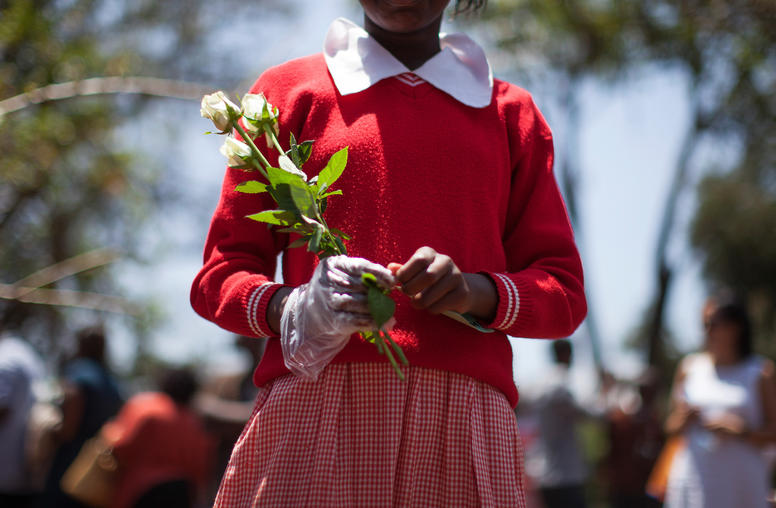
How Communities Resist Violent Extremism
In 2003, the women of Tononoka, an ethnically and religiously diverse neighborhood in Mombasa, Kenya, organized security to protect themselves after a series of violent rapes had gripped the community. This movement, which they dubbed Sauti Ya Wanawake (Women’s Vioces), has spread nationally to prevent sexual violence, and the precedent has inspired Tononoka to mobilize repeatedly for its own security, including during the violence that followed the 2007 Kenyan elections. Today, this resilien...
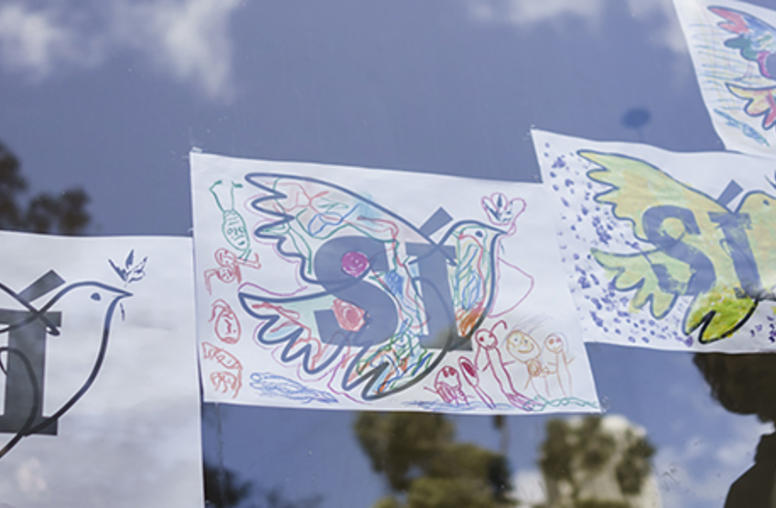
The Accord: Colombia’s Commitment to Peace
There are landmark moments in the history of a nation that transcend borders and herald a new vision for the future. The signing of the peace accord in Colombia represents such a moment. If the Colombian people ratify the Havana peace agreement in the plebiscite scheduled for October 2, it will be the beginning of a transition that finally puts decades of war behind and opens the way to genuine peace. It will be mined across the globe for lessons that might apply to other intransigent conflic...

In Central African Republic, a Door Opens to Citizen Voices
On a cool Friday morning in Bangui, the capital of the Central African Republic, the conference room is silent for the first time in days. Expert presentations on disarmament and security sector reform, followed by lively debates, had filled the room since Wednesday afternoon. Now, only the air conditioning hums as a diverse group of mid- and-senior level officials and civic leaders—gathered by the U.S. Institute of Peace—pore over findings from citizen consultations held in communities aroun...
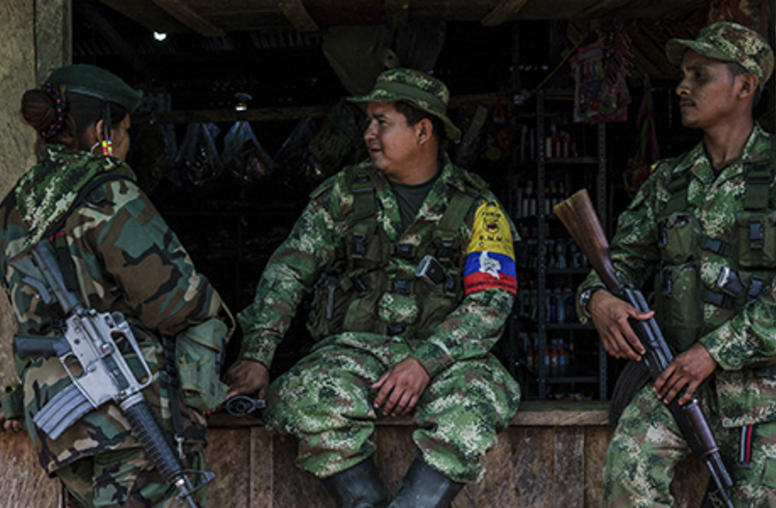
Colombian Rebels, Government Push Moves Ahead of Vote
Colombian rebel troops are heading to decommissioning centers and minors are set to leave guerrilla ranks on Sept. 10, as the government and the Revolutionary Armed Forces of Colombia (FARC-EP) begin implementing their peace accord ahead of an Oct. 2 plebiscite on the deal.
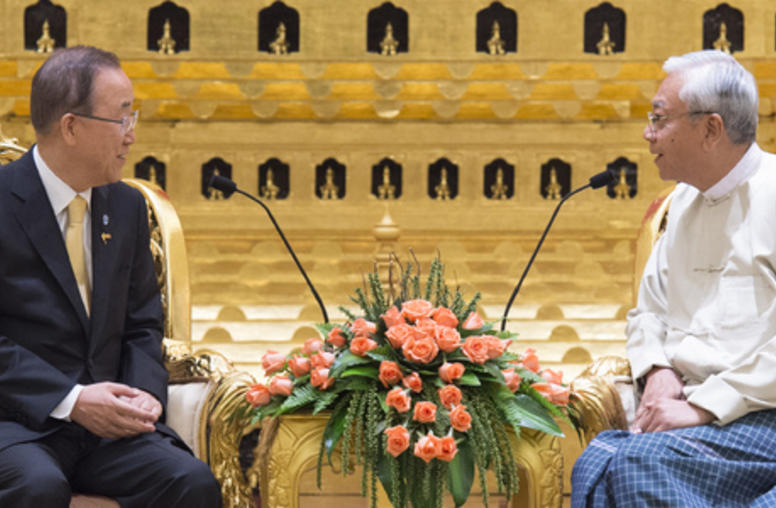
China’s Role in Myanmar’s Peace Process
Myanmar’s new leader, Daw Aung Sang Suu Kyi, has made the country’s peace process one of her top policy priorities—and China is taking steps to support her efforts. The Chinese government has positioned itself to become a prominent player in the peace talks in Myanmar, and this week’s session provides a particularly good opportunity to examine the kind of role that China might play and the extent to which Beijing is willing—and able—to use its leverage over ethnic armed groups to help advance...
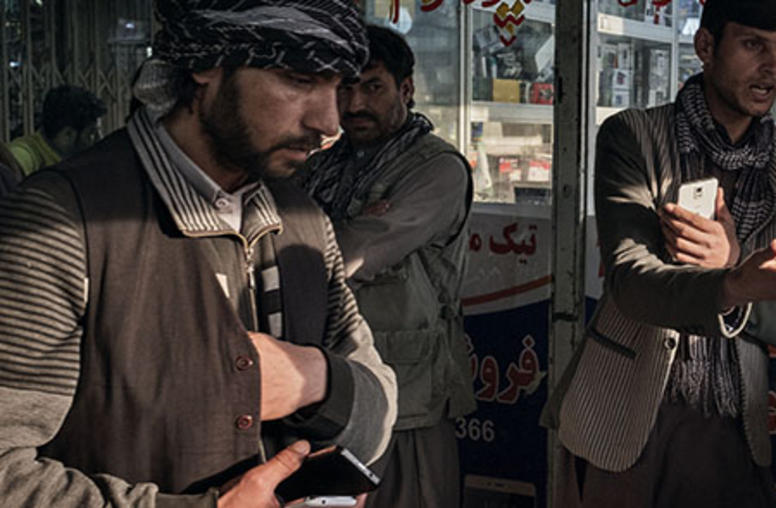
Afghanistan’s Rapid Revenue Growth
Afghanistan’s impressive revenue turnaround in 2015—when total government revenue exceeded expectations with an increase of 22 percent—has been followed by further rapid revenue growth in the first half of 2016. This represents an important achievement in the challenging context of Afghanistan, though the country will remain heavily aid dependent for the foreseeable future, underlining the importance of the upcoming Brussels international donor meeting on Oct. 5. There are concerns, however, ...
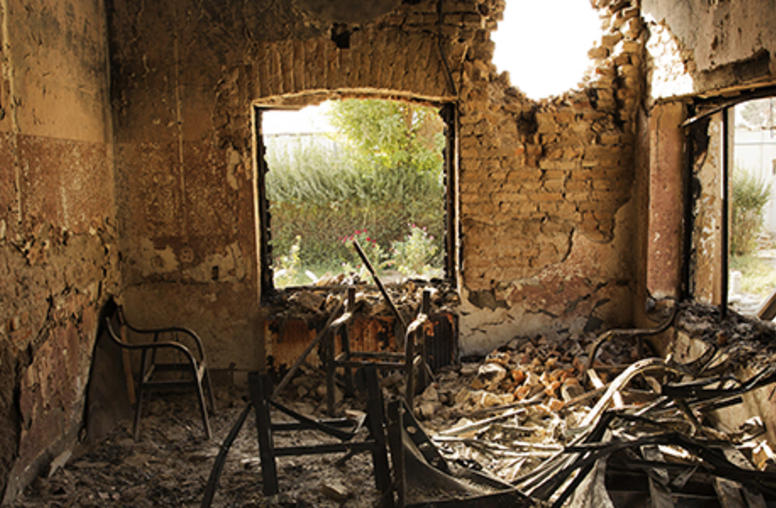
Violent Extremism & Human Rights: A Path to Prevention
From Orlando to Brussels to Baghdad to Jakarta, few regions of the world have been spared the violence generated by those who see value, meaning and opportunity in joining and supporting groups like ISIS. There is growing international resolve to develop joint and sustainable ways to address the transnational threat of violent extremism. Notably, human rights are increasingly seen as critical and pragmatic components—as part of the solution, not an objective that must either be accommodated o...
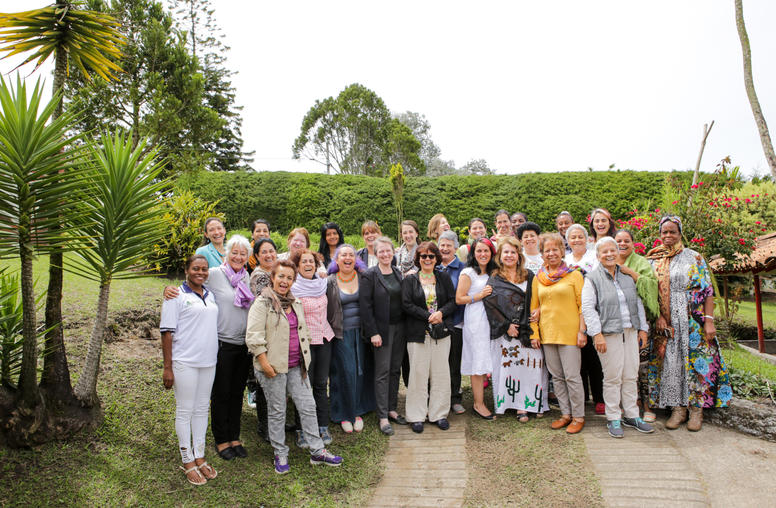
Colombian Women Mediators Prepare to Support Peace
As negotiators for the Colombian government and the FARC rebel group iron out the final details of a potential peace accord, USIP is working with a network of 30 women mediators from a dozen regions of Colombia who are preparing to serve as catalysts for reconciliation in the aftermath of an agreement.
